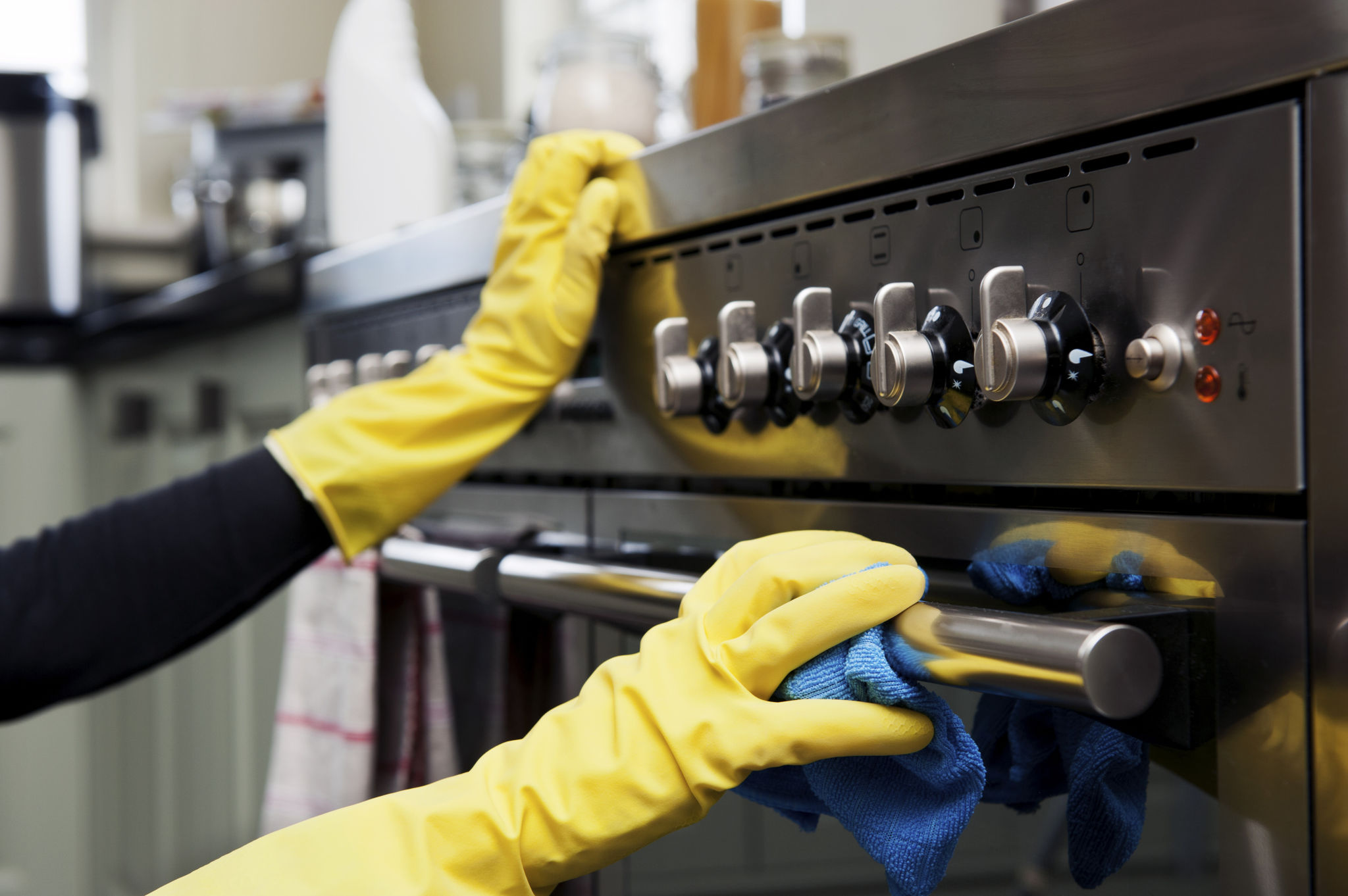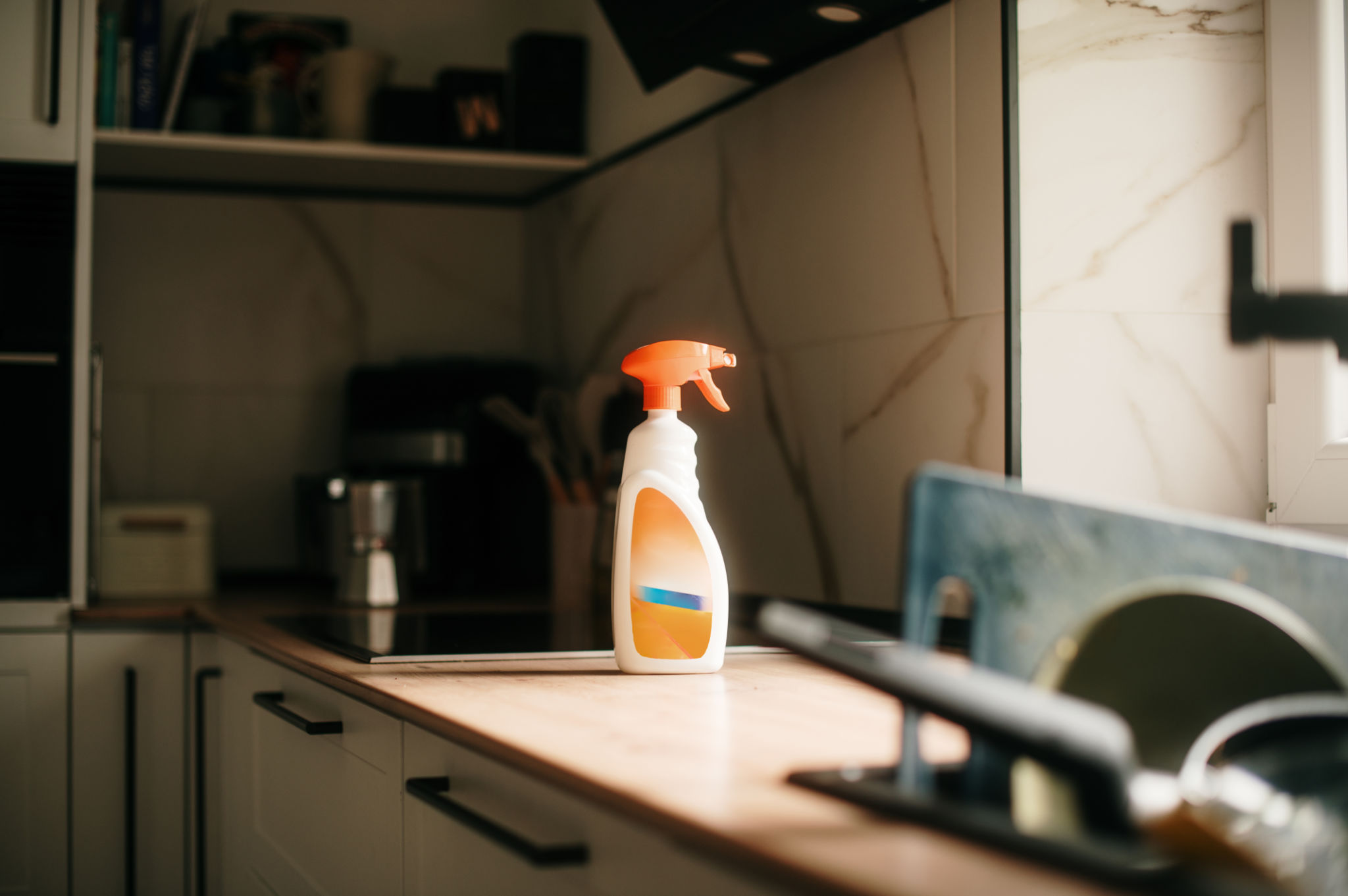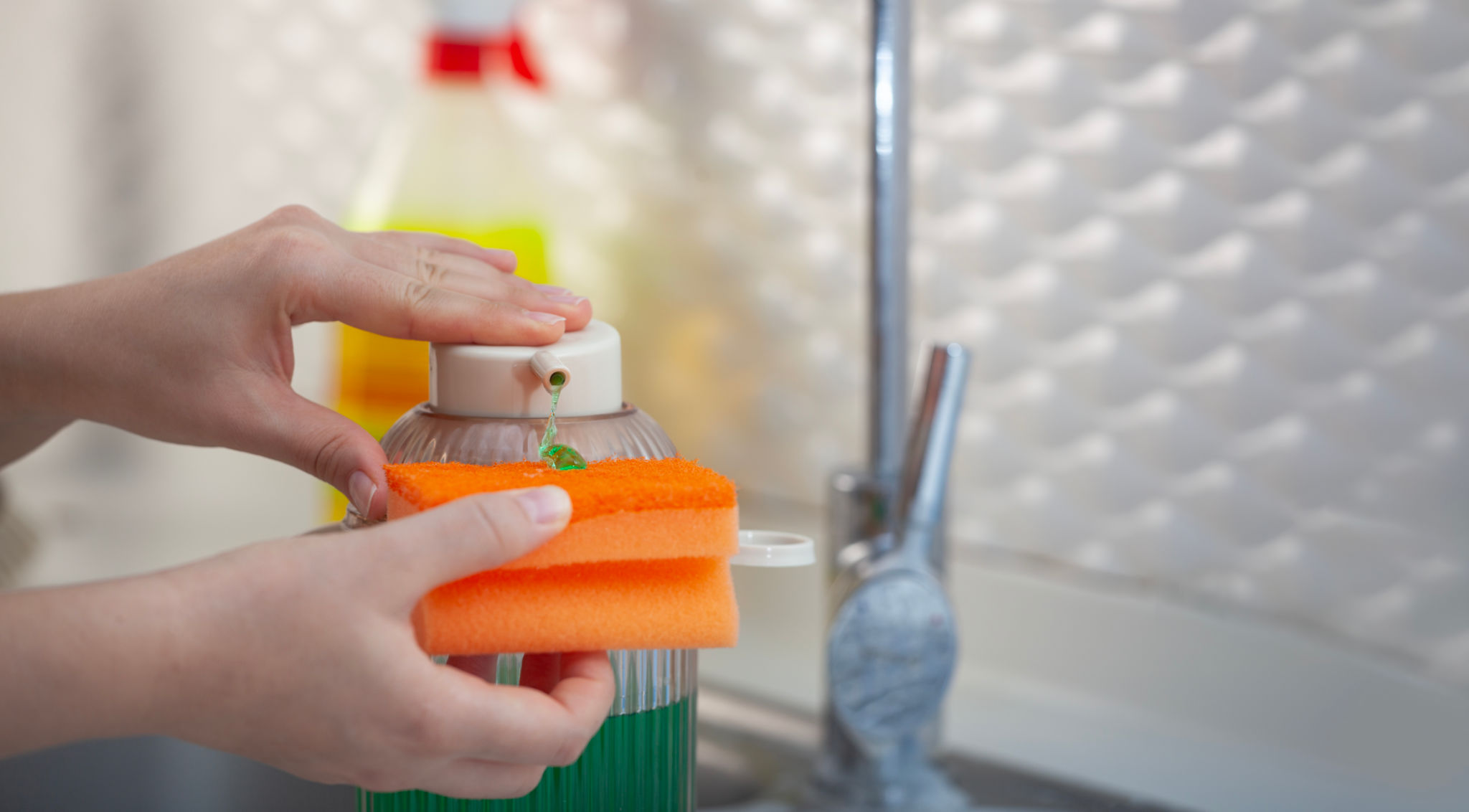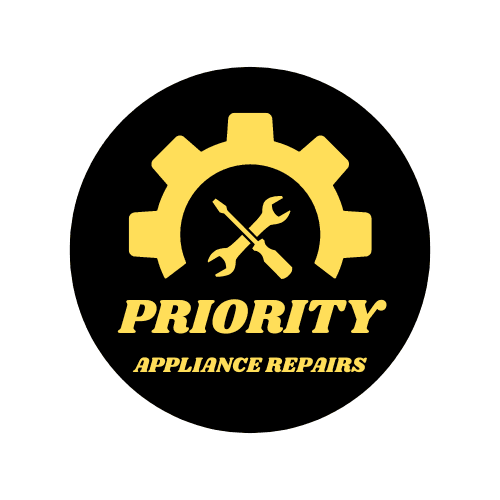The Dangers of Abrasive Chemicals on Household Appliances
The Impact of Abrasive Chemicals on Household Appliances
Household appliances are essential parts of our daily lives, making chores easier and more efficient. However, the cleaning products we use can sometimes do more harm than good. Many people are unaware of the potential damage abrasive chemicals can inflict on these devices. Understanding these dangers can help prolong the lifespan of your appliances and save you money in the long run.

Understanding Abrasive Chemicals
Abrasive chemicals are often found in cleaning products designed to remove tough stains and grime. These substances can be effective, but they work by wearing away at the surface they are applied to. This mechanism can be detrimental to household appliances, which are often finished with protective coatings that can be stripped away by abrasive agents.
Common abrasive chemicals include bleach, ammonia, and certain acids. While these may seem like powerful cleaning solutions, their frequent use can lead to more problems than they solve. It's essential to read the labels and understand the composition of the products you are using.
Effects on Surface Materials
Many appliances have surfaces made from stainless steel, plastic, or glass, which can be particularly vulnerable to harsh chemicals. For instance, stainless steel finishes can become scratched or discolored, while plastics may weaken and crack over time. Glass surfaces can develop a hazy appearance, reducing their clarity and aesthetic appeal.

Over time, the continuous use of abrasive chemicals can lead to irreversible damage. This not only affects the appearance of your appliances but can also impact their functionality. For example, a weakened plastic component might break during operation, leading to costly repairs or replacements.
Alternatives to Abrasive Cleaners
Fortunately, there are many alternatives to using harsh chemicals for cleaning your appliances. Consider using natural cleaning agents like vinegar and baking soda, which are effective yet gentle enough not to damage surfaces. These substances can often be used in combination for a powerful cleaning solution that won't harm your appliances.
- Mix baking soda and water to form a paste for scrubbing surfaces.
- Use vinegar as a spray to dissolve grime and disinfect.
- Opt for microfiber cloths instead of coarse scrubbing pads.
Preventive Measures
Preventing damage is always better than dealing with its consequences. Taking simple steps can protect your appliances from the harmful effects of abrasive chemicals. Regular maintenance, such as wiping down surfaces with a soft cloth and using mild detergents, can maintain both the appearance and functionality of your appliances.

Additionally, investing in appliance-specific cleaning products designed to be gentle yet effective can ensure that you clean without causing harm. These products are often formulated to target specific materials and finishes, providing an extra layer of protection.
Conclusion: Protecting Your Investment
Your household appliances represent a significant investment, both financially and in terms of convenience. By understanding the dangers of using abrasive chemicals and opting for safer alternatives, you can extend their lifespan and maintain their efficiency. Taking care of your appliances means they will continue to take care of you for years to come.
